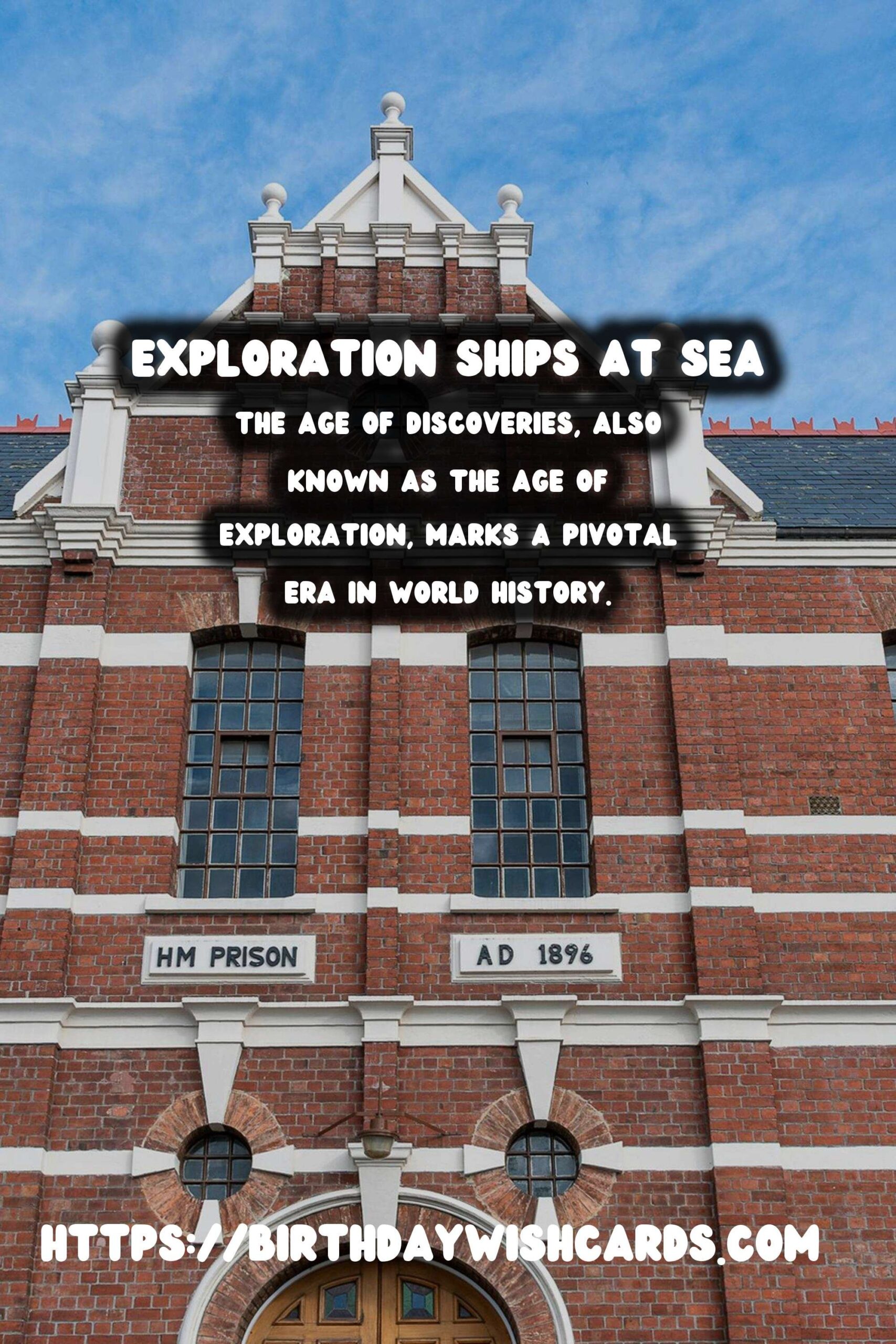
The Age of Discoveries, also known as the Age of Exploration, marks a pivotal era in world history. Spanning roughly from the 15th to the 17th century, this period saw European explorers venture into uncharted territories, uncovering new lands, cultures, and knowledge. Its impact on global knowledge is profound, reshaping the ways nations perceived the world and their place within it.
The Origins of the Age of Discoveries
Motivated by trade, curiosity, and national power, nations like Portugal and Spain spearheaded maritime exploration. The main objective was to find new routes to Asia to access its lucrative spice markets without relying on overland routes controlled by other powers.
Prince Henry the Navigator of Portugal was instrumental in initiating these exploratory journeys along the African coast, which eventually led to the world-changing discovery of a sea route to India by Vasco da Gama.
Key Discoveries and Their Consequences
Christopher Columbus’ voyage in 1492, funded by Spain, led to the discovery of the Americas, dramatically altering European geopolitical strategies. This event heralded significant cultural exchanges between the Old and New Worlds, igniting what is now known as the Columbian Exchange, which drastically impacted agriculture, economy, and populations globally.
Impact on Global Knowledge
The Age of Discoveries not only expanded physical horizons but also intellectual ones. The encounters with diverse peoples and ecosystems enriched European medicine, cuisine, and science. The diffusion of crops like potatoes, tomatoes, and maize from the Americas transformed the European diet and agricultural practices.
Additionally, these encounters brought about significant advancements in cartography and navigation techniques, fundamentally altering how explorers and nations conceptualized geography and their strategic possibilities within it.
Scientific and Cultural Enlightenment
The discoveries fueled a renaissance of scientific inquiry and fueled the Enlightenment thought. As scholars like Copernicus and Galileo began to challenge traditional perspectives of the universe, knowledge from the East and Americas expanded European scientific horizons, playing a critical role in the eventual scientific revolution.
The Age of Discoveries also fostered dialogue between cultures, leading to a greater appreciation and assimilation of diverse cultural practices, art forms, and beliefs, setting the stage for modern globalization.
Concluding Thoughts
The Age of Discoveries stands as a transformative epoch that reshaped the world in myriad ways. Its impact on global knowledge is an enduring legacy, reminding us of the timeless human drive to explore, understand, and connect.
As we reflect on its historical significance, we acknowledge its complex narratives of exploration, conquest, and cultural exchange, which continue to inform our ongoing journey towards a more interconnected world.
The Age of Discoveries, also known as the Age of Exploration, marks a pivotal era in world history. The diffusion of crops like potatoes, tomatoes, and maize from the Americas transformed the European diet and agricultural practices. 
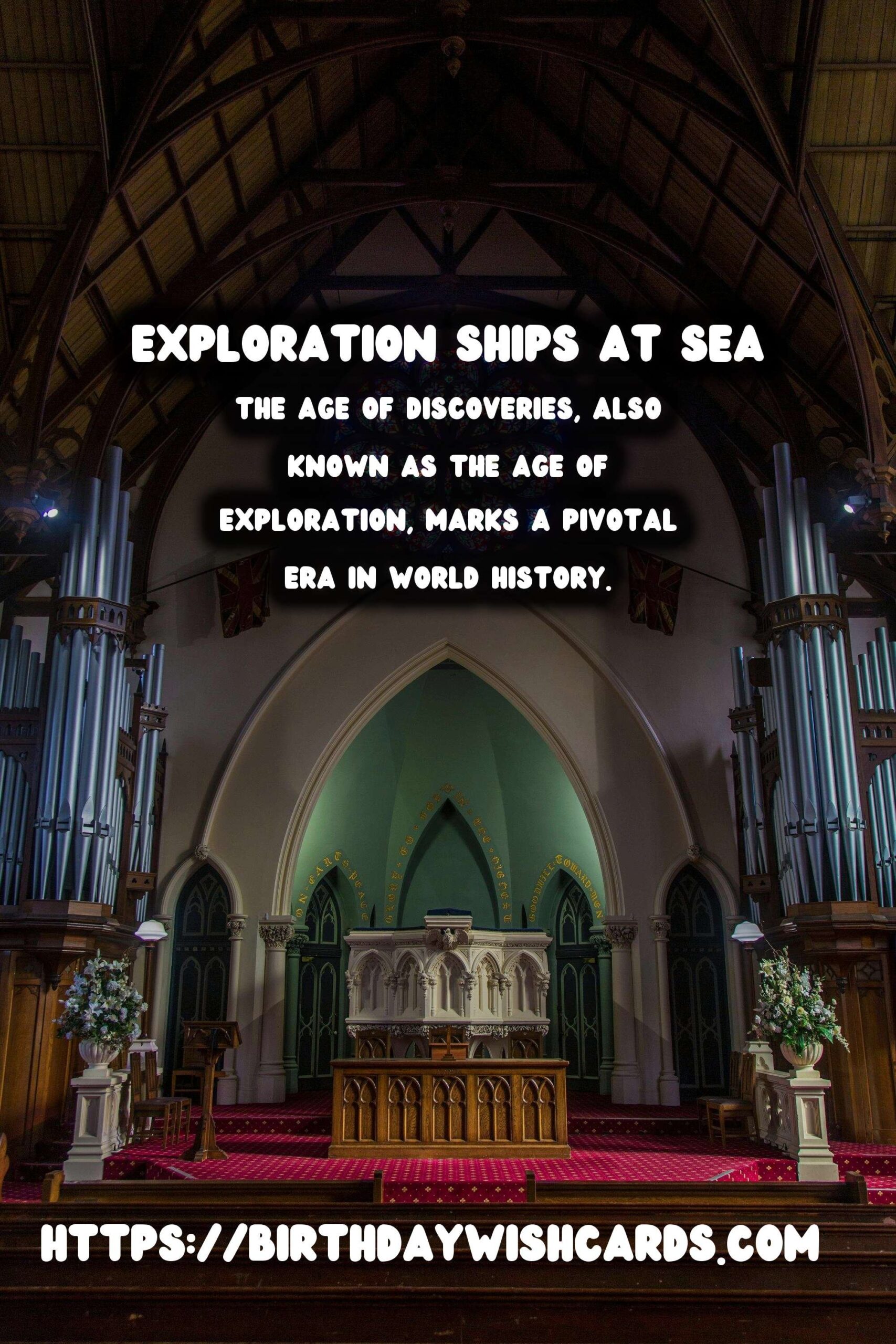
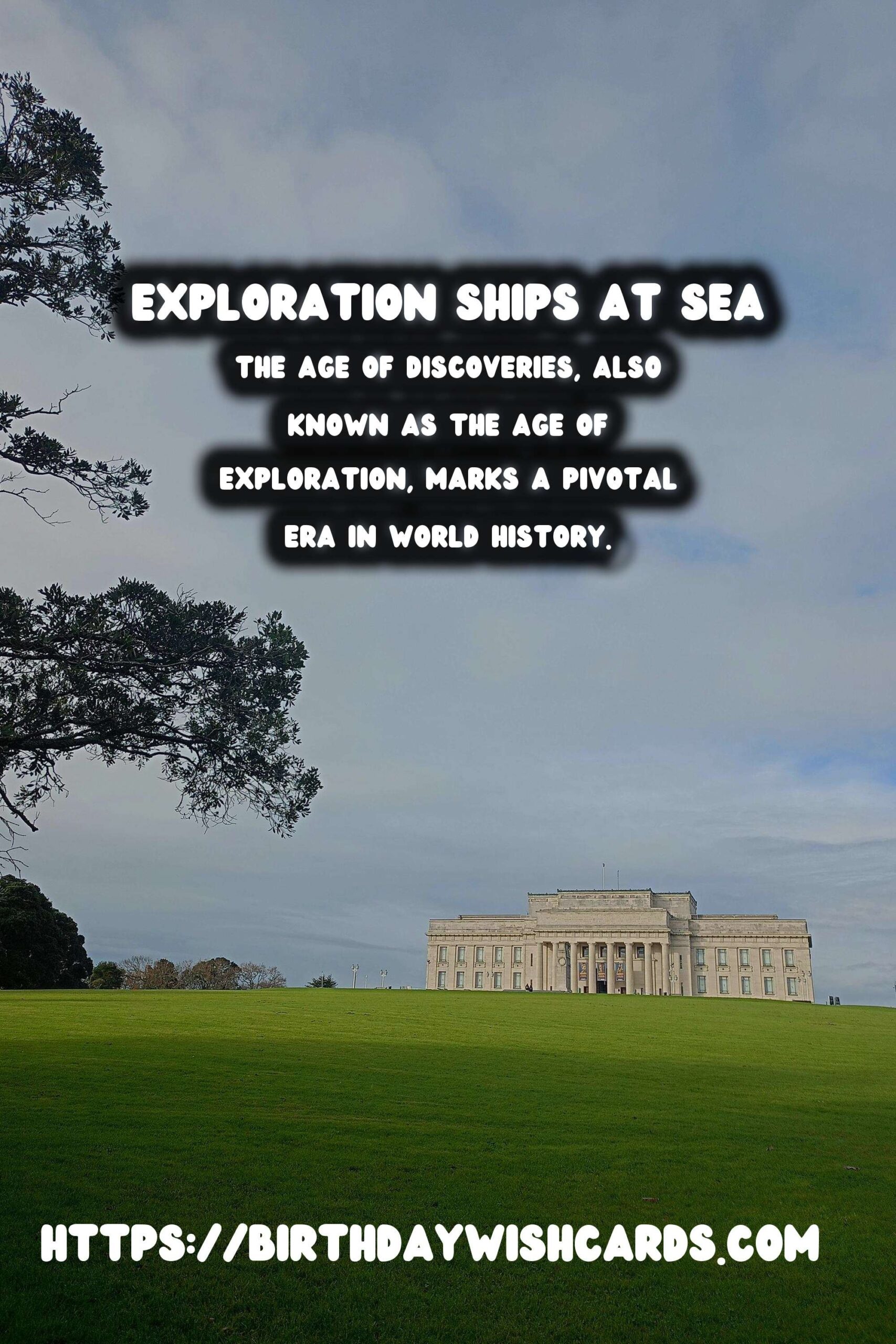
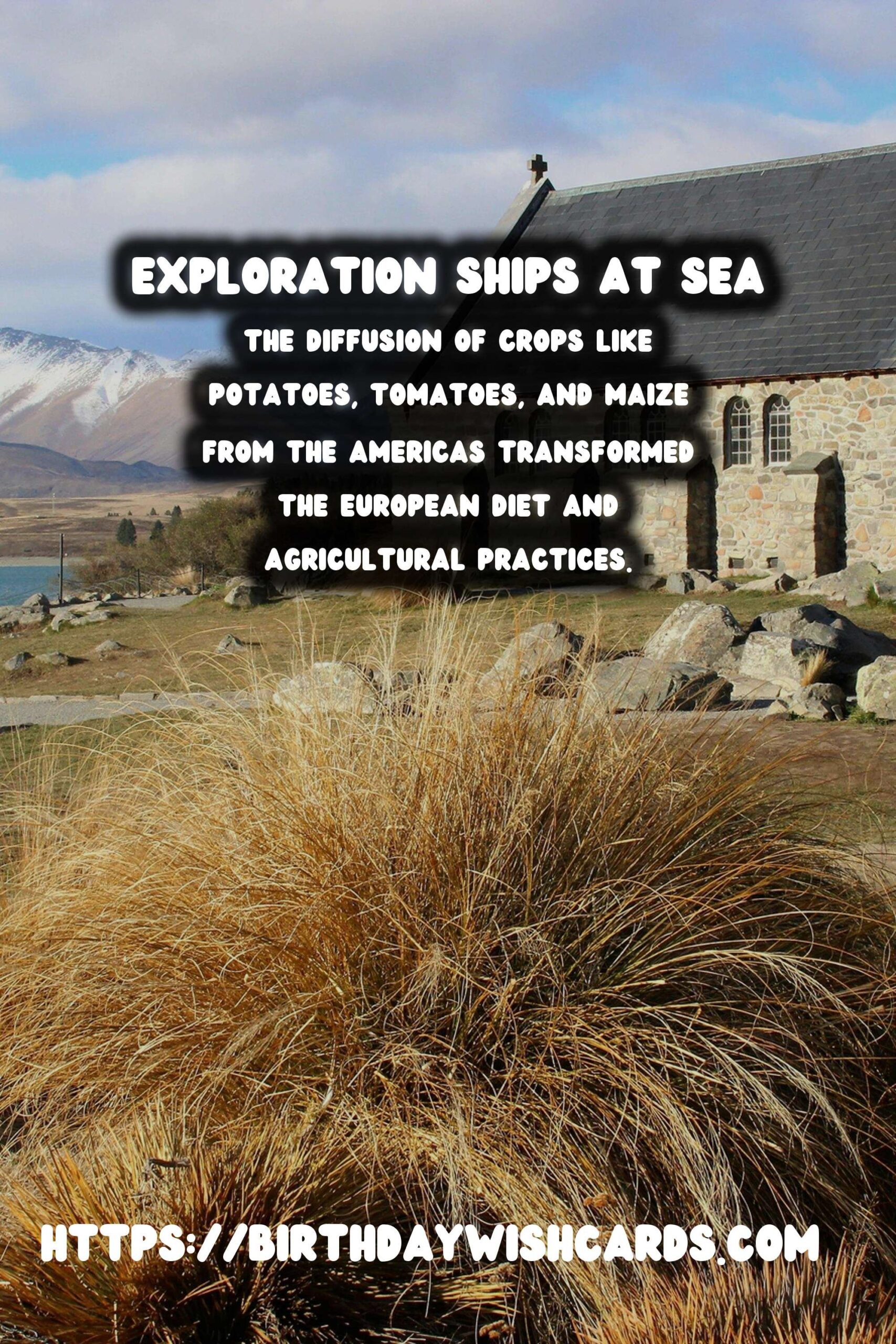
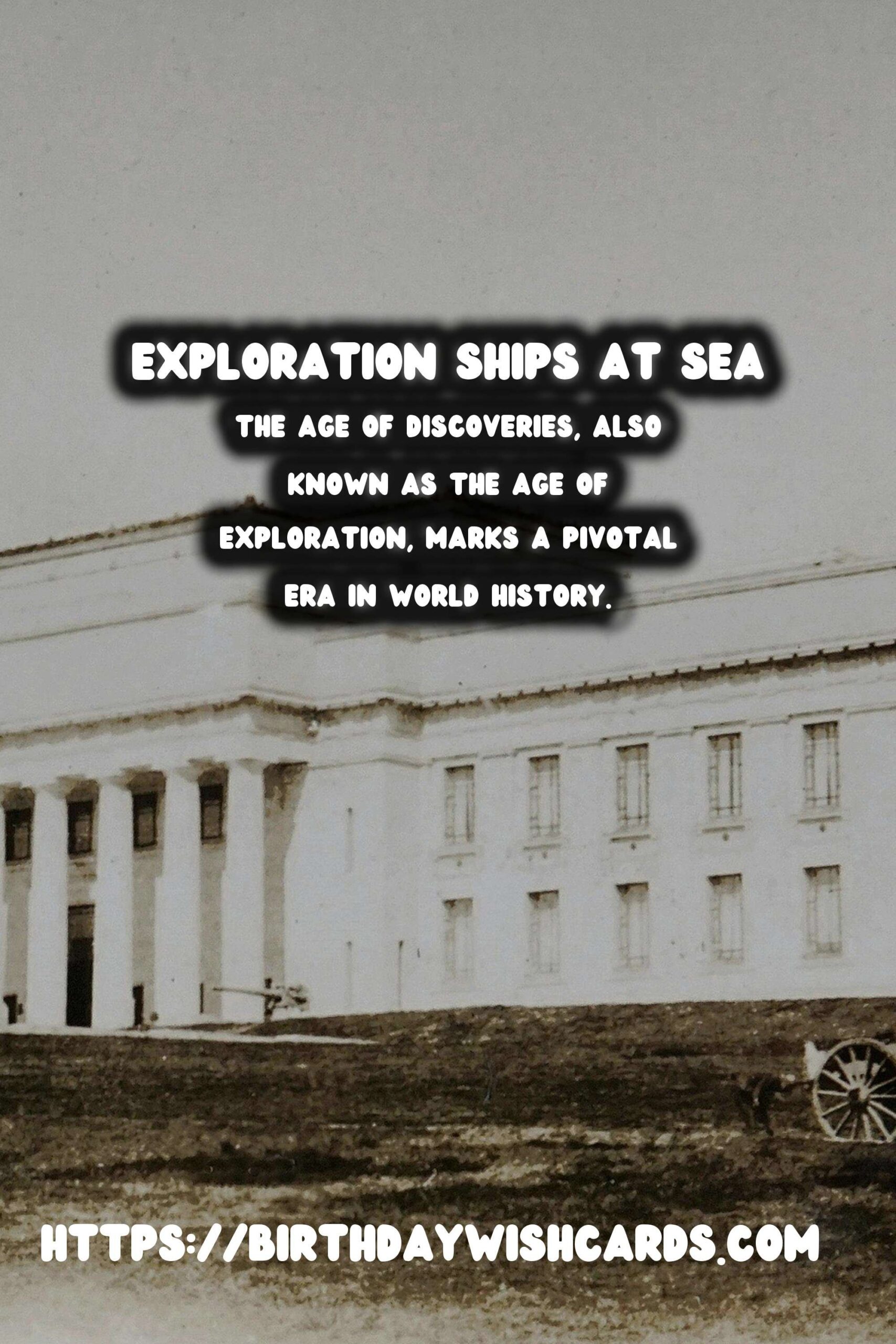
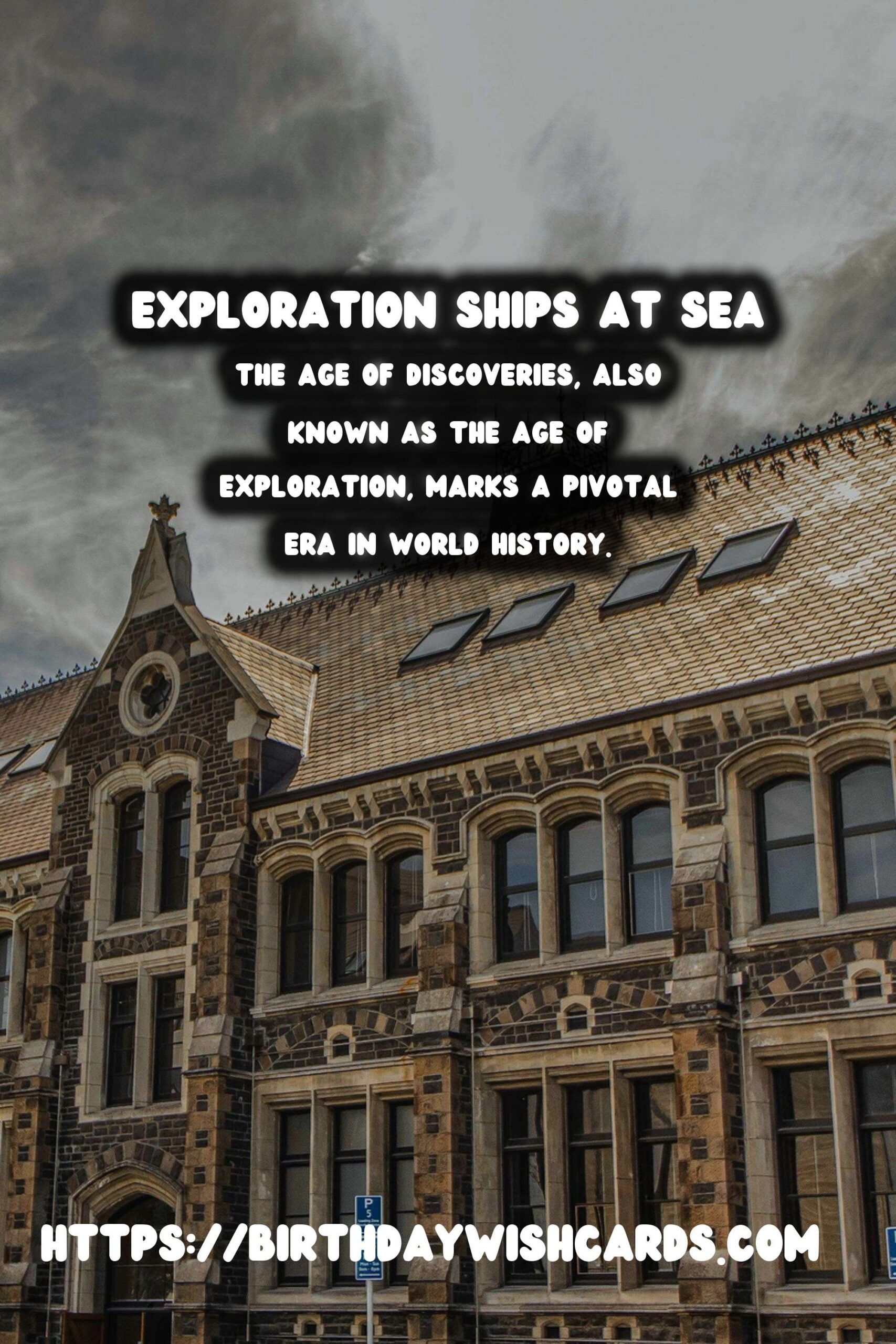
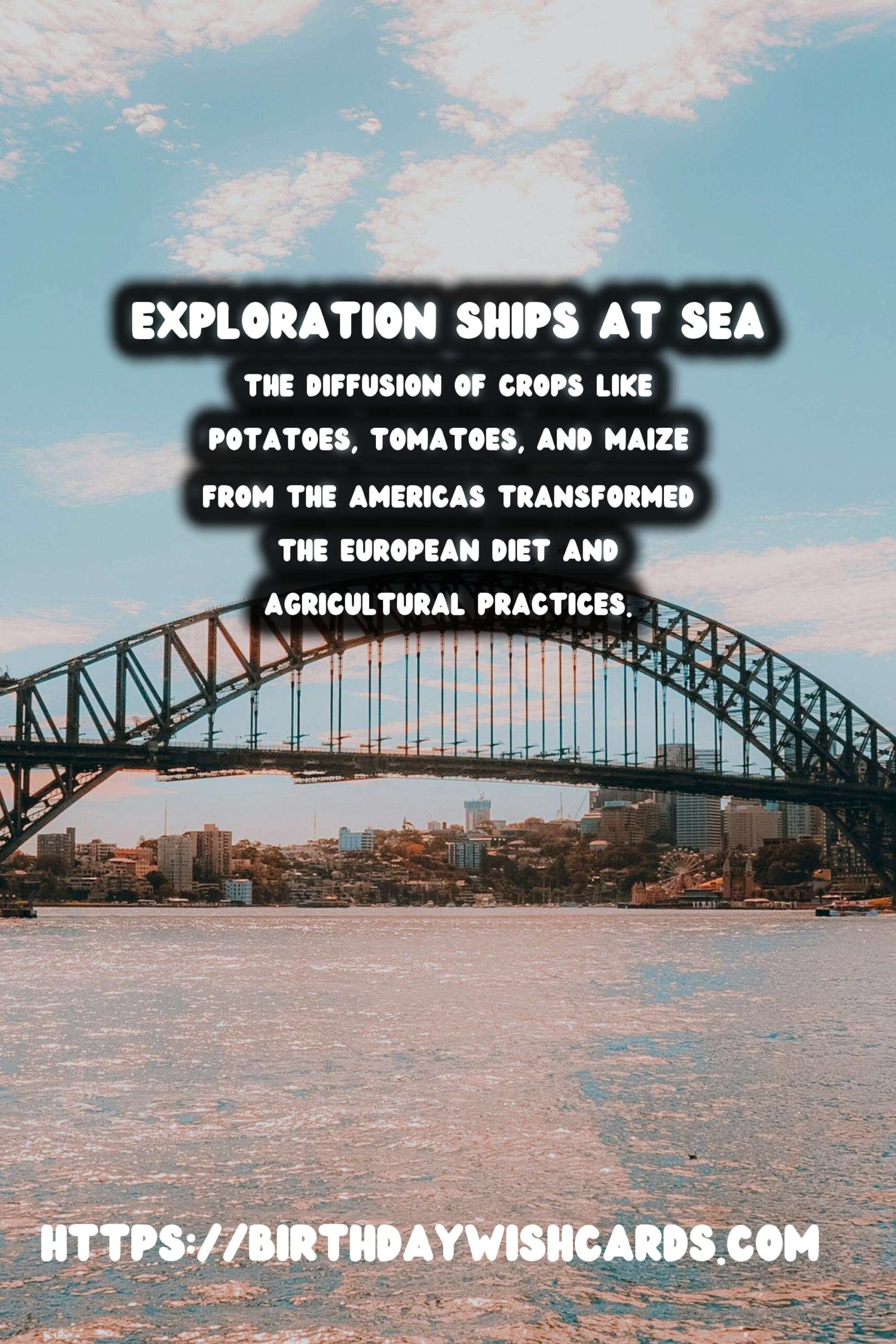
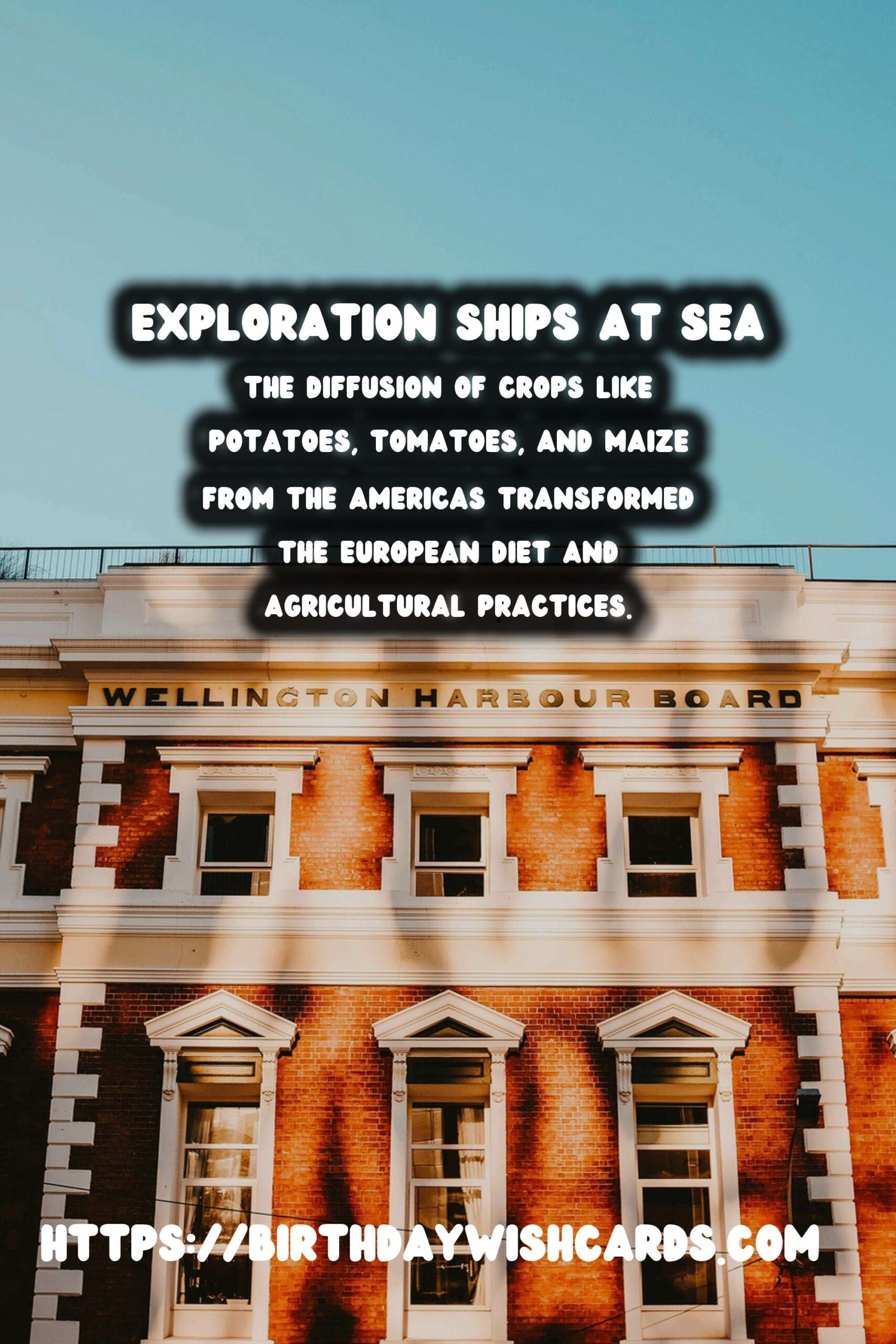
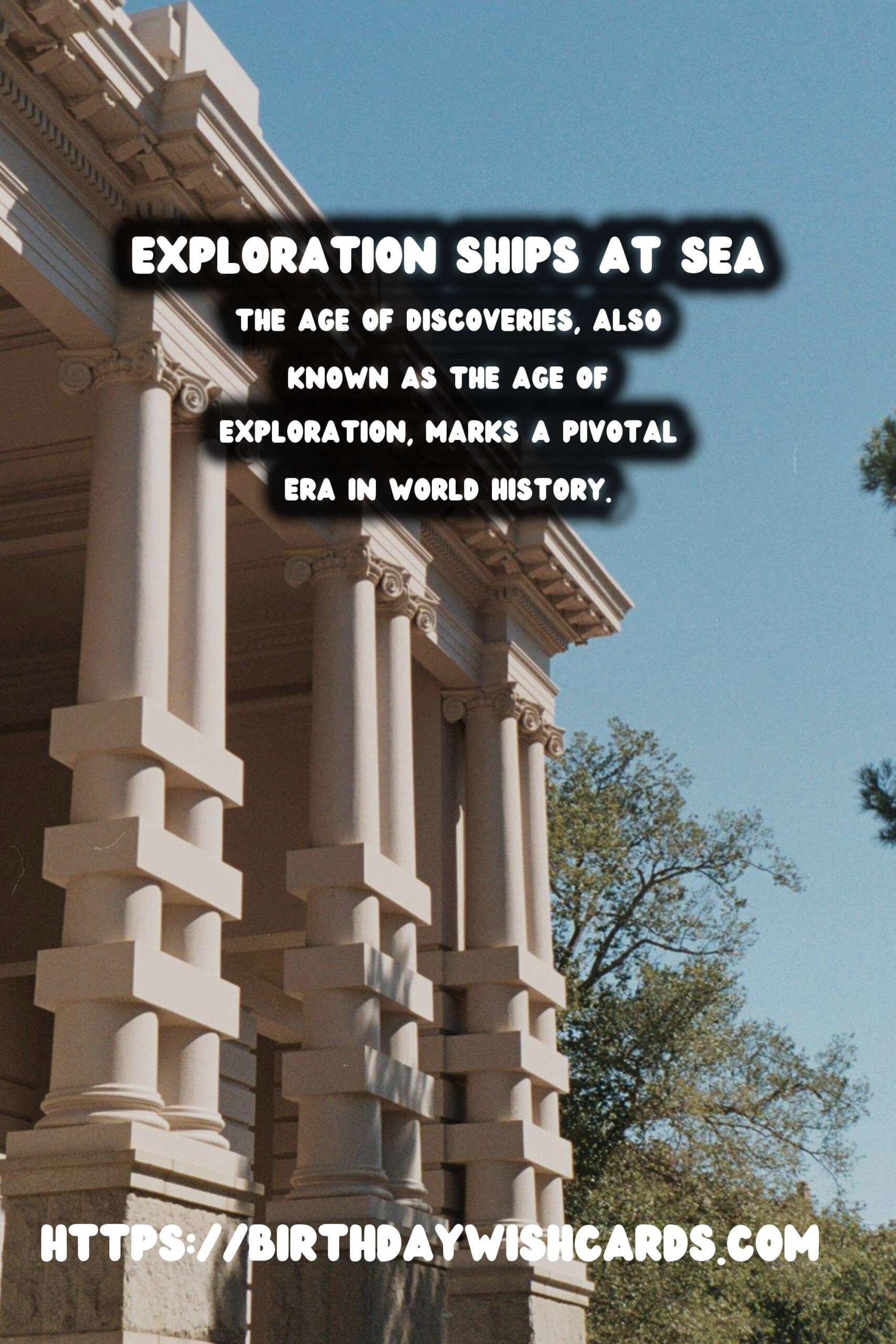
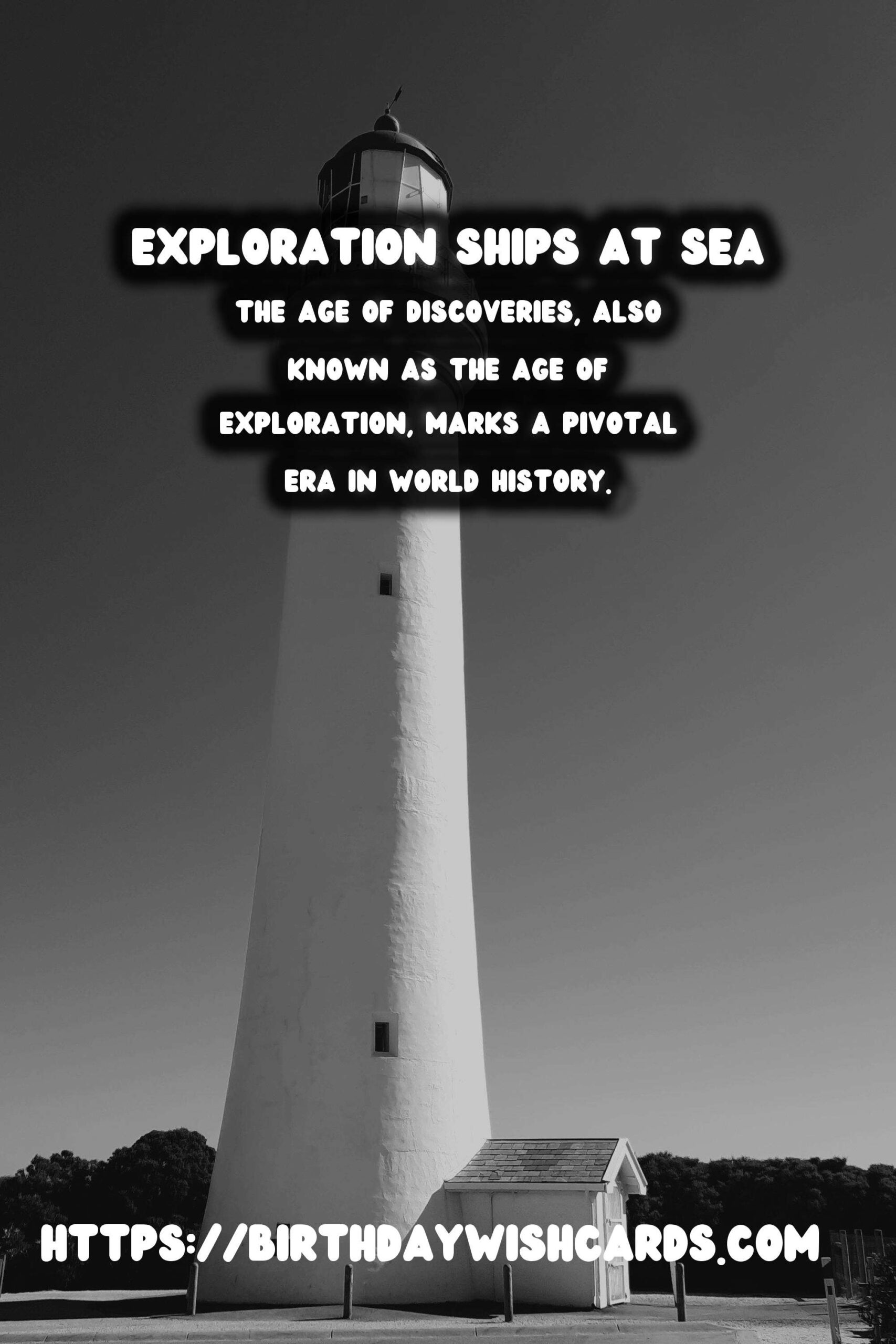
#AgeOfDiscoveries #GlobalKnowledge



